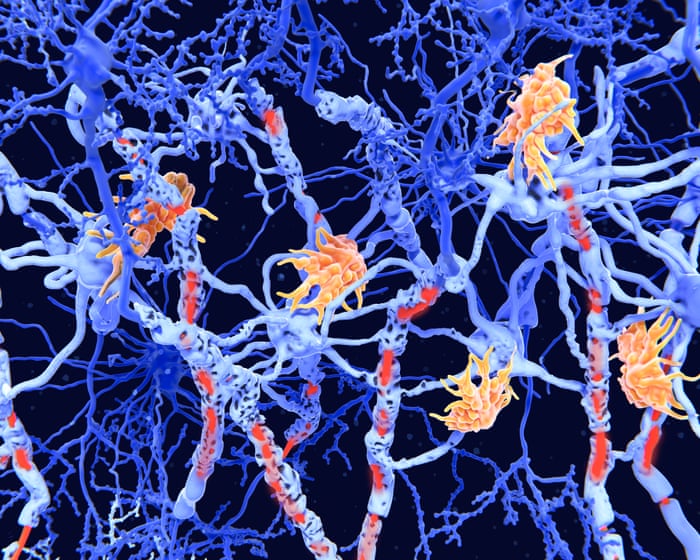The last time Katie Amess saw her father, Conservative MP Sir David Amess, he was dropping her off at Heathrow for her flight back to Los Angeles. Normally, she would cry when they said goodbye, but this time neither of them felt sad—they were both excited. In six weeks, Katie would return for her wedding.
“It was going to be in the House of Commons, and my dad couldn’t wait to walk me down the aisle,” she says. “He’d been practising, taking my arm and walking me around. We joked about it—we called it the ‘royal wedding.’ At the airport, we hugged goodbye, and he kissed me on both cheeks. I skipped off, thinking the next time I saw him would be the best day of my life.”
Instead, just four weeks later, her father was murdered at his constituency surgery, stabbed 21 times by an Islamic State sympathiser. He was buried in the suit he was supposed to wear to the wedding. The music chosen for Katie’s walk down the aisle—Pachelbel’s Canon—was instead played as his coffin was carried into the church.
David Amess’s murder in October 2021, while meeting constituents in a church hall in Leigh-on-Sea, sent shockwaves across the country. The details that later emerged should have provoked greater outrage and raised more questions.
His killer, Ali Harbi Ali, had once been a bright, motivated teenager planning to study medicine before self-radicalising during Syria’s civil war. Teachers at his Croydon school noticed the change—one described it as “a light going out,” saying his “eyes were dead.” Ali’s attendance dropped, his grades collapsed, and attempts to talk to him only deepened concerns. The school contacted Prevent, the government’s counter-terrorism strategy meant to identify and deradicalise extremists.
A single home visit was made, followed by a brief meeting between Ali and an “intervention provider” in a McDonald’s. The conversation covered just two topics: whether Western music and student loans were forbidden in Islam. Ali was deemed a “pleasant and informed young man.” (He later admitted: “I just knew to nod and say yes, and they’d leave me alone—which they did.”) There was no follow-up, no further discussions, and no contact with the teachers who had raised concerns. No monitoring took place.
Despite the atrocity Ali went on to commit, Katie believes there has been little scrutiny of these failures—no accountability for the officials involved, no public explanation of what went wrong, and no lessons learned. For nearly four years, Katie, on behalf of the Amess family, has pushed for an inquiry. Partly due to this pressure, the Home Office asked Lord Anderson, the interim Prevent commissioner, to review the case and identify unanswered questions. His report, published last week, concluded that while the information on Ali’s case is incomplete and likely always will be, the “unhappy story” of his engagement with Prevent had been “squeezed almost dry.”
Katie disagrees. “I’m not going to give up,” she says. “All we want is for someone to say: ‘We’re sorry. This is what happened, these are the mistakes made, and this is how we’ll prevent it from happening again.’ I shouldn’t have to fight for answers.”
Born in Plaistow to an electrician father and a dressmaker mother, David Amess was a working-class Catholic Conservative who had served as an Essex MP for 38 years when he was killed. He was nearing his 70th birthday—on that last trip to the airport with Katie, she had asked about retirement. “He didn’t want to retire anytime soon,” she says. “He felt he still had so much left to do.”
[The text cuts off here, but the original likely continued with details about the Home Secretary’s response or further context.]The lack of support from Westminster after her father’s decades of service is both deeply painful and senseless. “I just can’t believe how his friends and colleagues have treated us,” she says. “It’s in everyone’s interest. They interact with the public every single day—why wouldn’t they want a proper investigation to find out what could make them safer? My father’s legacy should be about saving others through what happened to him. Please, just show some basic decency. Do the right thing.”
This article was updated on 28 July 2025 to correct David Amess’s birthplace to Plaistow, not Basildon.
Do you have thoughts on the issues raised here? If you’d like to share a response of up to 300 words for possible publication in our letters section, please email us by clicking here.



